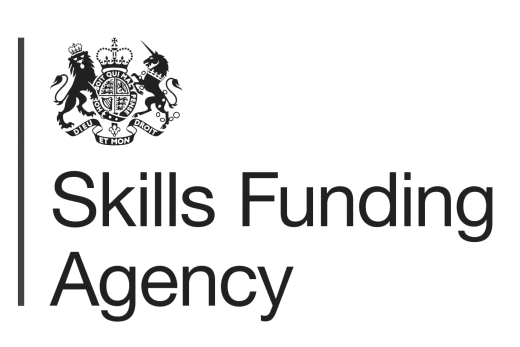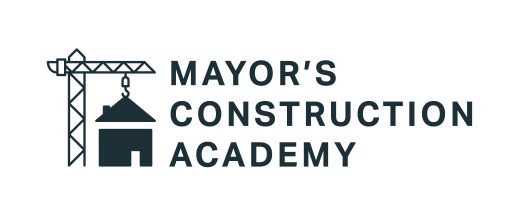
CITB NVQ Grant Changes: A Guide to Maximising Funding for Employers
The Construction Industry Training Board (CITB) has announced major changes to its grant scheme. From 1 January 2026, funding for Management and Supervision NVQs will drop significantly, employers who want to access the higher level of funding must ensure their learners complete their NVQs before 31st December 2025.
Here we explain the CITB grant changes and how you can help you take advantage of the current enhanced rates.
What are the CITB funding changes?
Back in April 2024, CITB temporarily boosted grant funding for certain NVQs in Management and Supervision to support the industry as workers transition away from the old CSCS Industry Accreditation (also known as the Grandfather Rights) system.
The higher rates were introduced to encourage employers to get their supervisors and managers qualified before the Industry Accreditation route closed at the end of 2024 and to cover more of the training cost.
This means that until December 31st 2025:
Management NVQs (Level 6/7, Black CSCS Card): Employers can claim £1,500 per learner.
Supervision NVQs (Level 3/4, Gold CSCS Card): Employers can claim £1,250 per learner.
However, from January 1, 2026, both qualifications will revert to the standard grant rate of £600.
So, if you’re looking to put supervisors or managers through NVQ training, it’s important to get started now. Completing assessments before the deadline ensures access to the higher funding rates, while waiting too long could see employers miss out on significant financial support per learner.
What about Award-Level Qualifications or standard NVQs?
A new grant tier for shorter Award-level qualifications (typically less costly and shorter) has been introduced this month: £240 (instead of the previous £600).
Standard NVQ levels (e.g. Level 2) will continue to receive a standard grant of £600 per achievement.
Why have these changes been made?
The enhanced rates were largely introduced to support individuals transitioning from Grandfather Rights, as the Industry Accreditation (IA) CSCS cards have now expired.
CITB initially planned to maintain uplifted grants until March 2026, but has now moved the deadline earlier to 31 December 2025 for eligibility.
Providers are urging IA cardholders and their employees to finish their NVQ by the end of 2025 to benefit from the enhanced funding.
What should employers do now?
Complete NVQs by 31 December 2025 to benefit from enhanced grants.
Register new learners by the end of September to allow enough time to complete the qualification.
Apply to the Skills & Training Fund by 30 September 2025 if you’re eligible and prepare to transition to Employer Networks thereafter.
Prepare for the new CITB portal in late September for future grant claims and tracking.
Are there any alternative finding routes for NVQs?
Yes!
Employer Networks: From October 2025, these are the primary route for training funding if you are CITB-registered and levy-compliant, the network pays up-to 70% of the cost of training across a wide range of programmes and qualifications if booked with an approved training provider. The Skills Centre is approved and able to offer support with accessing this new funding route for both NVQs and short qualifications.
Government Funding for Levels 2 and 3: Grants are still available for lower-level qualifications through broader government education and skills schemes (e.g. apprenticeships or adult education funding). You can also explore your regional and local authority offerings. The Skills Centre currently has funding available in London, West Midlands and Non-devolved areas.

Find out more about NVQs
Although the upcoming CITB grant changes may feel daunting, they also offer employers a chance to get ahead. By completing training before the end of 2025, businesses can secure enhanced grant funding while building a stronger team of qualified supervisors and managers.
Choosing to invest in NVQs now not only unlocks higher financial support but also ensures your business is ready to deliver on future projects, stay compliant, and showcase a clear commitment to developing your people.
Learn more




